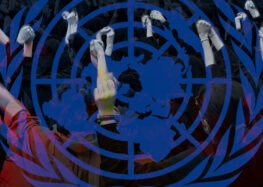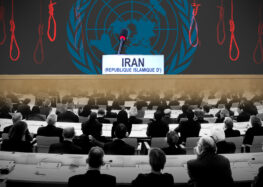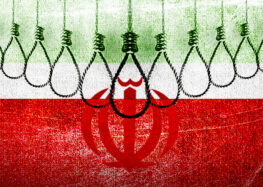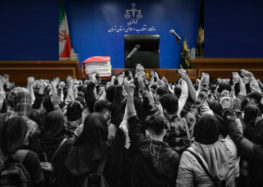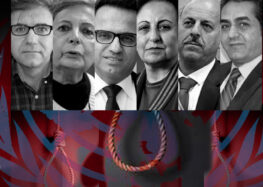UN Decries Imminent Execution of Juvenile Offender Hossein Shahbazi in Iran
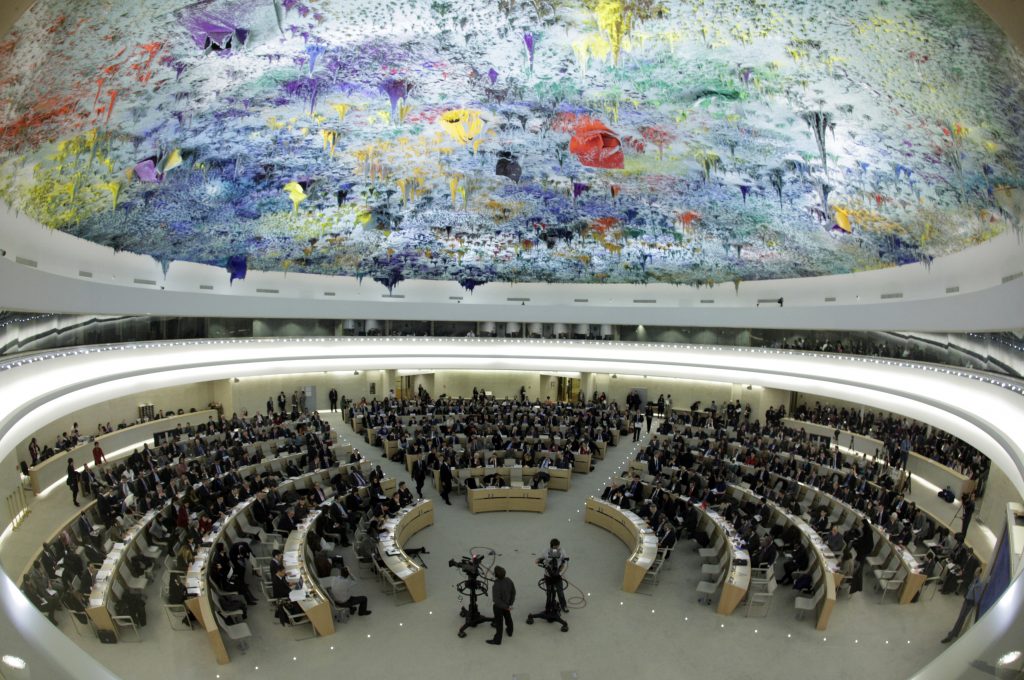
Session of the UN’s Human Rights Council.
Another juvenile offender, Hossein Shahbazi, is in imminent danger of being executed in Iran after being sentenced to death as a child at the age of 17.
“The court relied in part on confessions reportedly obtained under torture and ill-treatment when Mr. Shahbazi, who is now 20, was interrogated by police for 11 days,” said the UN human rights experts. “During this time, he was also denied access to a lawyer and his family.”
According to the International Covenant on Civil Political Rights and the Convention on the Rights of the Child, it is illegal to execute someone for crimes committed under the age of eighteen. Iran is party to both treaties, but remains one among a handful of countries still putting juveniles to death. Following is the complete UN press release.
GENEVA (13 January 2022) ̶ UN human rights experts* expressed dismay at the decision by Iranian authorities to proceed with the execution of juvenile offender Hossein Shahbazi despite repeated calls to halt it.
The execution of Mr. Shahbazi was scheduled to take place on 5 January 2022 but was temporarily halted. He remains at risk of imminent execution.
Mr. Shahbazi was 17 years old when he was arrested for fatally stabbing a classmate during a fight between four individuals. The court relied in part on confessions reportedly obtained under torture and ill-treatment when Mr. Shahbazi, who is now 20, was interrogated by police for 11 days. During this time, he was also denied access to a lawyer and his family.
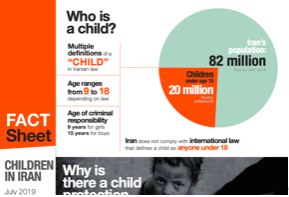 “We urge the Iranian authorities to immediately and permanently halt the execution of Hossein Shahbazi and annul his death sentence, in line with international human rights law,” the experts said.
“We urge the Iranian authorities to immediately and permanently halt the execution of Hossein Shahbazi and annul his death sentence, in line with international human rights law,” the experts said.
Mr. Shahbazi’s execution has been scheduled to take place four times, causing irreversible psychological pain and suffering to him and his family. The experts have previously raised concerns with the Government of the Islamic Republic of Iran about the death sentence and imminent execution of Shahbazi on 7 June 2021 and 21 July 2021, and also raised their concerns publicly along with the Committee on the Rights of the Child. The Government responded that a stay of execution was granted to facilitate reconciliation for pardon.
“We underline again that reconciliation efforts do not replace the Government’s obligation to prohibit such executions,” the experts said. “International law unequivocally forbids the imposition of the death penalty on persons below 18 years of age. Iran must observe its international obligations by imposing de jure and de facto moratorium on the execution of juvenile offenders once and for all.”
Over 85 juvenile offenders are currently on death row in Iran, sentenced to death in violation of international human rights law. On 24 November, another juvenile offender was executed in Islamic Republic of Iran.
* The experts: Javaid Rehman, Special Rapporteur on the situation of human rights in the Islamic Republic of Iran; Mikiko Otani, Chair of the Committee on the Rights of the Child, Morris Tidball-Binz, Special Rapporteur on extrajudicial, summary or arbitrary executions; Nils Melzer, Special Rapporteur on torture and other cruel, inhuman or degrading treatment or punishment.

